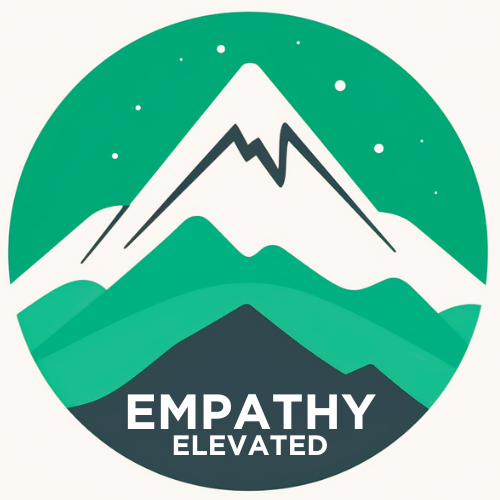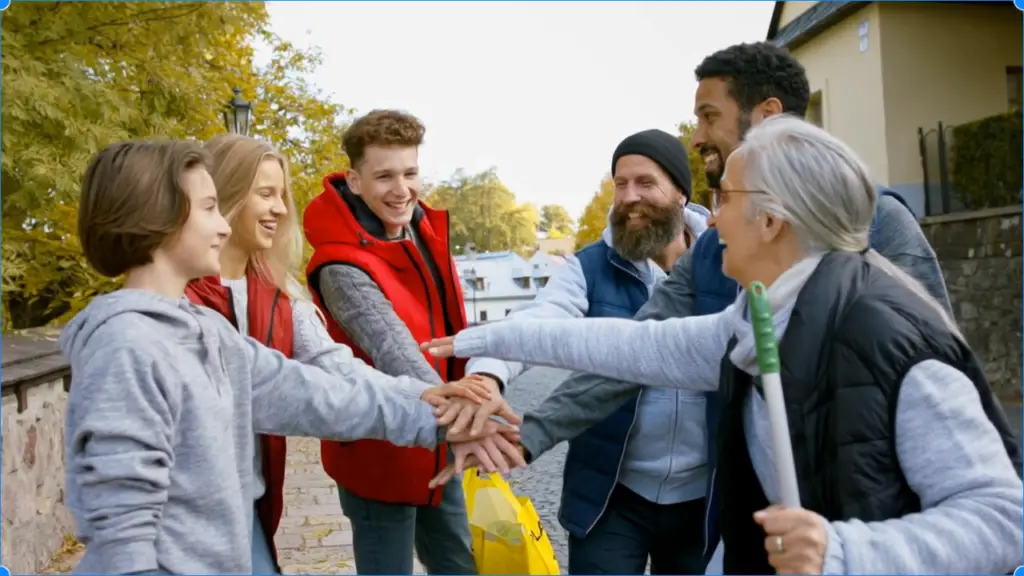Empathy is increasingly becoming a vital trait within our communities as we see a world that is ever more divided. Believe it or not, empathy is a comeback and significantly impacts our interactions. Research shows that we cultivate a kinder society as we cultivate empathetic relationships. It should be obvious. This rise in empathy enhances individual connections and strengthens the fabric of our melting pot culture.
As we observe shifts in social psychology, empathy is recognized as a key component of emotional intelligence. Sometimes emotional intelligence is presented as only having four elements, but this is the 5th and underlying base. Education that fosters empathy is gaining traction. It’s highlighting our collective desire for deeper connections. In a heavily digital world, we crave actual human interaction, that is, quality. By embracing this empathic community, we are fostering an environment where kindness flourishes and interpersonal relationships improve, whether face-to-face or digital.
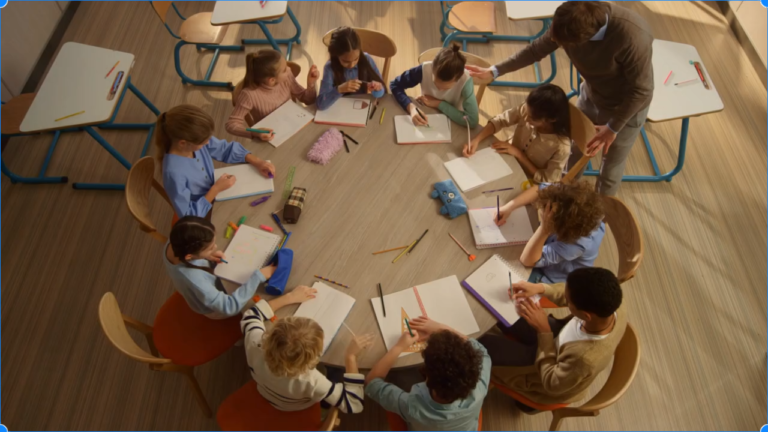
The evidence suggests that empathy isn’t just a temporary trend; it’s becoming a defining characteristic of our society. Empathy is on the rise in younger people (average age 20). This is encouraging. Empathetic practices promote a more inclusive and compassionate world. Let’s explore how we can enhance our understanding of empathy and its role in our daily lives and communities.
Key Takeaways
- Empathy plays a crucial role in improving community relationships.
- Practices that enhance empathy lead to a kinder society.
- Research in psychology supports the rise of empathy in modern culture.
Empathy in Society
Empathy is crucial in shaping our relationships, communities, and overall well-being. By fostering understanding and kindness, we can enhance social connections and encourage prosocial behavior in various aspects of life.
The Empathic Individual
Each of us has the capacity for empathy, which allows us to connect deeply with others. Empaths can recognize and feel emotions, making them more attuned to the feelings of those around them. But, you do not have to be an Empath to empathize with others. Being empathic is not a strongly immutable trait. It can be developed.
Psychologists emphasize the importance of perspective-taking, which enables individuals to step into someone else’s shoes and understand their experiences. This practice not only strengthens relationships but also encourages kindness in everyday interactions.
With the rise of social media, we see examples of empathetic actions proliferate online, inspiring others to act compassionately. Think about Mr. Beast, one of the most successful YouTube stars. His channel is entertaining but, at its core, based on altruistic acts. As humans, we crave kindness.
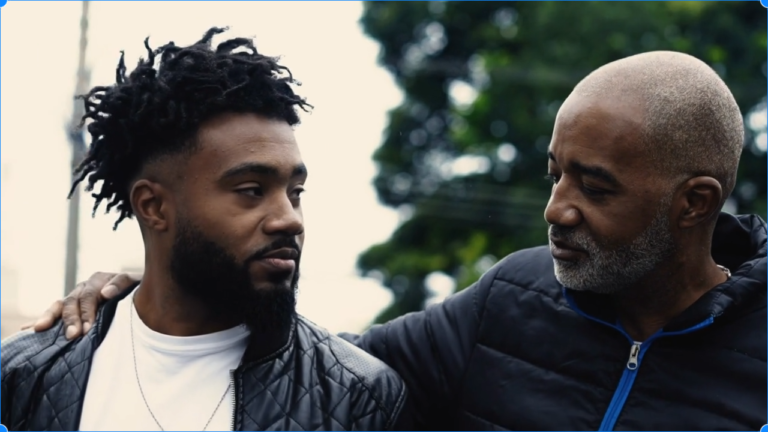
Expanding Community Compassion
Communities today are increasingly focused on cultivating compassion. Acts of altruism and kindness are prevalent in local initiatives and movements to support those in need. We often see those photos of companies or community groups going out for a beach cleanup.
Programs that encourage volunteerism promote a sense of belonging and camaraderie, which is a win-win for the individual and the community. These efforts strengthen community ties and significantly improve participants’ health outcomes, as helping others often leads to increased life satisfaction.
Moreover, compassion fatigue becomes a focal point as we navigate our shared experiences. Addressing this requires intentional practices prioritizing self-care and mental well-being, ensuring we can sustain our communal support without depleting our energy. Self-care can take a lot of forms – it is really what rebuilds your energy reserves, resilience, and sense of calm. For me, even taking a walk around the block for 10 minutes has an impact on energy for the next 10 hours. It helps! Combat your compassion fatigue and fatigue in general by prioritizing self-care.
Proving Empathy’s Ascension
The evidence for empathy’s rise is visible in various social dynamics. Research highlights that people are more inclined to engage in prosocial behavior when exposed to positive narratives and role models.
News coverage increasingly highlights stories of kindness and community support, reinforcing a culture of empathy. Additionally, studies reveal a link between empathy and a growth mindset, encouraging individuals to see challenges as opportunities for connection and understanding. Remember the ice bucket challenge that existed years ago? Remember the extensive coverage of it and the sense of community built? That’s one notable example among many.
Through shared experiences, we strengthen our collective empathy, recognizing that our emotional connections enhance individual relationships and our society. This growing recognition of the importance of empathy serves as the foundation for a more compassionate world. If we can better understand each other, we can be more compassionate to each other and ourselves.
Enhancing Empathy Through Practice
Practicing empathy is essential for personal growth and improving relationships. We can nurture a more empathic community focused on kindness and emotional intelligence by incorporating specific techniques into our daily lives and educational systems. These techniques can take practice but become second nature, like any other habit.
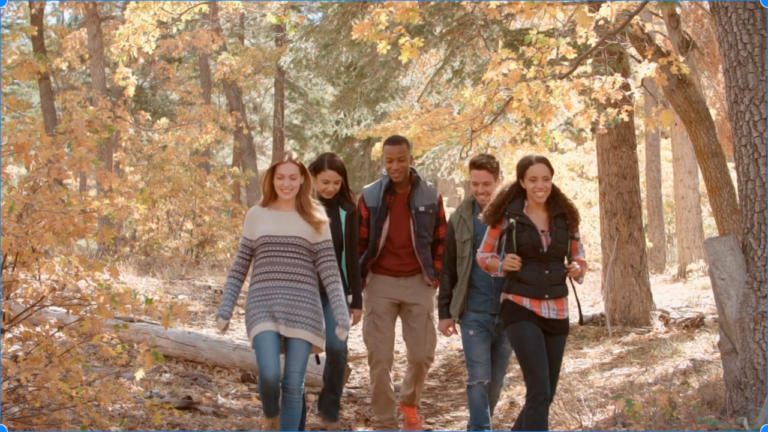
Empathy and Education
Fostering empathy in educational settings can significantly enhance students’ emotional intelligence and understanding of others. Schools can implement programs centered on perspective-taking, where students engage in activities that encourage them to consider various viewpoints.
Incorporating teaching methods that focus on active listening helps students feel heard and valued. Activities such as role-playing scenarios can also cultivate empathic concern, allowing students to connect deeply with peers’ experiences. How can you know what to do or say unless you have practiced? Role-playing provides for this in a safe environment. These techniques can be practiced whether you are a student or not.
We develop compassionate individuals who value relationships and community well-being by integrating empathetic practices into curricula. Some programs have shown that increased empathy leads to stronger peer relationships and reduced biases, proving the effectiveness of incorporating these lessons early in life. Engaging in educational initiatives creates a foundation for lifelong empathy.
Cultivating Empathy in Personal Life
Deliberate practices can enhance empathy in our personal lives. One effective method is self-care, which ensures we are emotionally available to others. Engaging in activities that promote well-being helps us manage stress and develop a more caring mindset. Self-care means something other than a day at the spa or a routine of deep skin cleaning. It can be as simple as taking a 10-minute walk between meetings or taking some quiet time to space off in the evening. It can be challenging to fit in. But a few minutes squeezed in really does go a long way! As mentioned before, the walk around the block powers up the rest of my day. What can you do to power up yours?
We can improve empathic accuracy by prioritizing meaningful conversations with friends and family. This involves asking open-ended questions and genuinely listening to their experiences. What type of conversation is meaningful to you? The weather? Probably not, unless you are amid a heat wave or oncoming natural disaster. Most times, it is being able to talk about our interests, hopes, sorrows, and greatest joy opening. Such discussions strengthen bonds and heighten our awareness of others’ feelings. Seek out the community and those in your life like this. If you are on eggshells around someone, they are probably not enabling you to be the best version of yourself.
Another approach is volunteering in community service, which exposes us to diverse perspectives and enhances our empathic concern for others. I am not talking here about volunteering so you can brag about it on social media. That is getting a dopamine hit from the number of likes you get. Here, we are thinking of the dopamine you gain by helping others and spending time on it. By actively participating in someone else’s reality, we nurture kindness in our interactions, contributing to a culture of empathy. This is a low-effort way to naturally wire our brains to be more empathic. Exploring insights on wellness can further inspire us to make empathy a daily practice.
